Resource Library
Find compelling classroom resources, learn new teaching methods, meet standards, and make a difference in the lives of your students.
We are grateful to The Hammer Family Foundation for supporting the development of our on-demand learning and teaching resources.

Introducing Our US History Curriculum Collection
Draw from this flexible curriculum collection as you plan any middle or high school US history course. Featuring units, C3-style inquiries, and case studies, the collection will help you explore themes of democracy and freedom with your students throughout the year.
3350 Results
Discussing Race and Racism in the Classroom
This unit is designed to help teachers in the UK have conversations about race with their students in a safe, sensitive, and constructive way.
Teaching Schindler's List
Help your students be thoughtful, engaged viewers of Schindler's List with these lesson plans that foster reflection and make contemporary connections to the history.
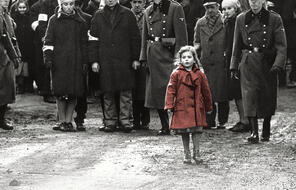
Explore the Partisans
Find interview transcripts, historical overviews, and primary source documents about a particular Jewish partisan or country.
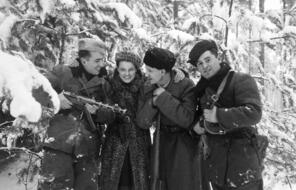
Resistance during the Holocaust: An Exploration of the Jewish Partisans
Explore the stories of Jewish partisans that stood against Nazi oppression, genocide, and antisemitism during World War II.

Understanding the Christian Roots of Antisemitism
Explore the origins and history of prejudice and discrimination against Jews with the resources in this collection.
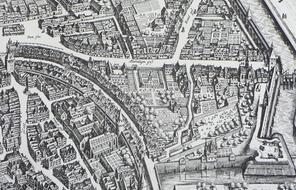
Common Core Writing Prompts and Strategies Links
Find all of the readings, videos, and online tools referenced in our three Common Core Writing Prompts and Strategies supplements.
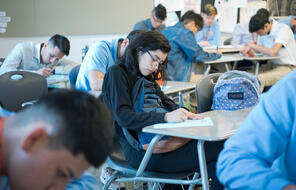
Media and Strategies for Teaching Farewell to Manzanar
Find the teaching strategies, media, and online resources referenced throughout the Teaching Farewell To Manzanar guide.
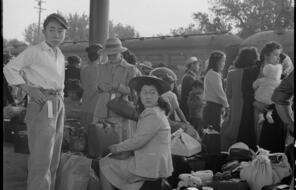
Media and Strategies for Teaching Warriors Don’t Cry
Find the teaching strategies, media, and online resources referenced throughout the Warriors Don't Cry memoir teaching guide.
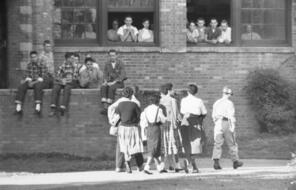
“I Wanted the Whole World to See”: The Murder of Emmett Till
This six-lesson unit delves into the history and legacy of the murder of Emmett Till, considering what we can learn from it as we work to achieve racial justice.
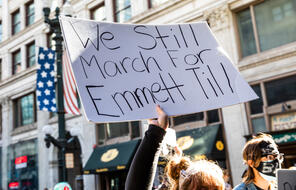
Angel Island Immigration Station: Exploring Borders and Belonging in US History
This 5-7 day C3-aligned inquiry explores the compelling question “How does the history of the Angel Island Immigration Station help us understand how borders are erected, enforced, and challenged?”
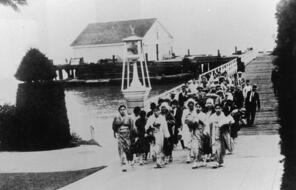
Children of Willesden Lane
This collection includes resources to accompany the text The Children of Willesden Lane, the powerful true story of Lisa Jura, who fled Nazi-occupied Vienna on the Kindertransport as a child.



